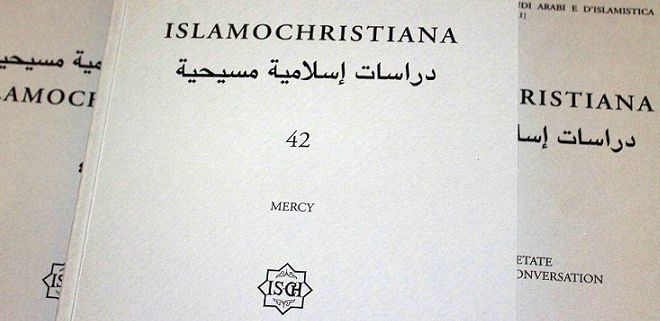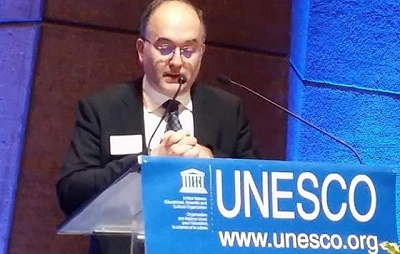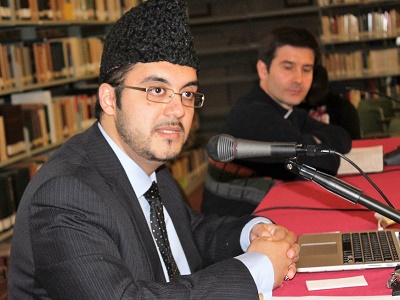Islamochristiana 42: Mercy
Islamochristiana 42 is now available on the theme: Mercy.
2016 will be remembered, in the history of the Catholic Church, as the year of the ‘Extraordinary Jubilee of Mercy’. We know well that mercy is the true beating heart, both in Christianity and in Islam. For this reason, PISAI organised an international conference during the ‘Jubilee of Mercy’ entitled ‘Raḥma. Muslim and Christian Studies in Mercy’ (13-15 October 2016). The proceedings of this interesting and well-attended conference will appear in the course of 2017 in the series ‘Studi Arabo-Islamici del PISAI’, but Islamochristiana desires to present some of these in advance, with the choice of five interventions, by which it is possible for the reader to perceive the quality of the whole conference.
The first is the keynote address of Cardinal Walter Kasper, whose studies have helped to stimulate the reflection of Pope Francis. His sharp and synthetical address presents the Christian biblical and theological data, but does not hesitate to launch some provocative challenges into the Muslim camp. As a ‘pendant’, we decided to include the article by Ramon Harvey on the revelation of mercy in the Muslim theological vision. Then follow the two great interventions of Angelika Neuwirth and Mustansir Mir. Professor Neuwirth, from Berlin, analyses with great precision the meanings of mercy and their various expressions in the Qur’an, while Pakistani-American professor Mir analyses, the same concept, also in the Qur’an but from a different and complementary angle. Finally, the contribution of Dirk Ansorge on a difficult and complex theme: mercy as a theological problem, especially in relation to justice. But the richness of this issue of Islamochristiana also appears in the series of studies that follow the group of contributions on mercy. Two articles reflect on Muslim-Christian relations in history: Marek Nasiłowski with Diego R. Sarrió Cucarella and Jaume Flaquer. Some current issues emerge in four articles; Maurice Borrmans, Tobias Specker, Bishop Jean-Marc Aveline; Sami Riahi translates into Arabic an important article by Gideon Libson on custom as a source of Muslim law. Finally, as a concrete experience of dialogue in life, Ignazio De Francesco illustrates an experience of very good conduct in the Dozza prison in Bologna. The numerous reviews and presentations of books concerned with Islam and Islamic-Christian relations complete this issue.






















